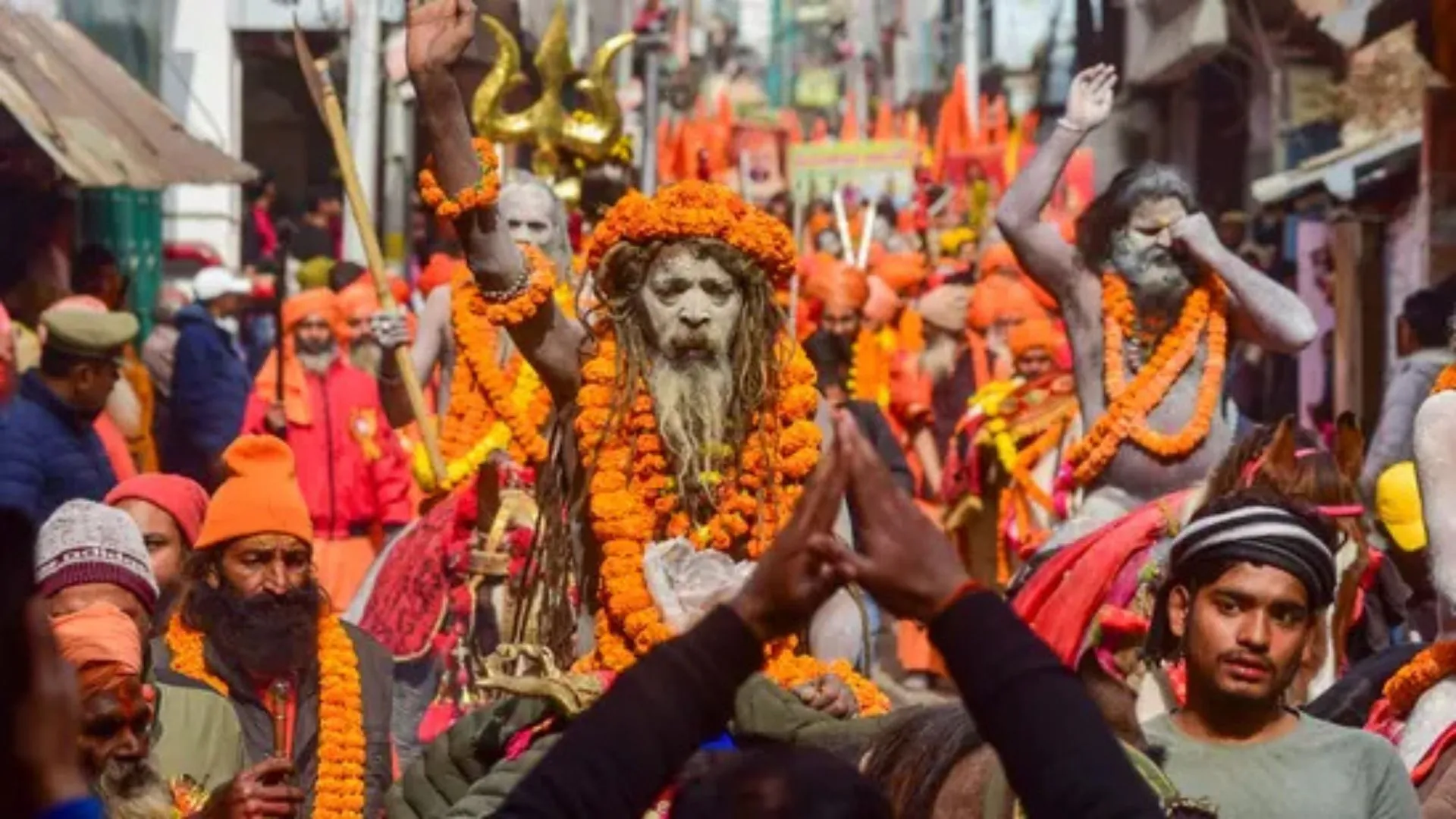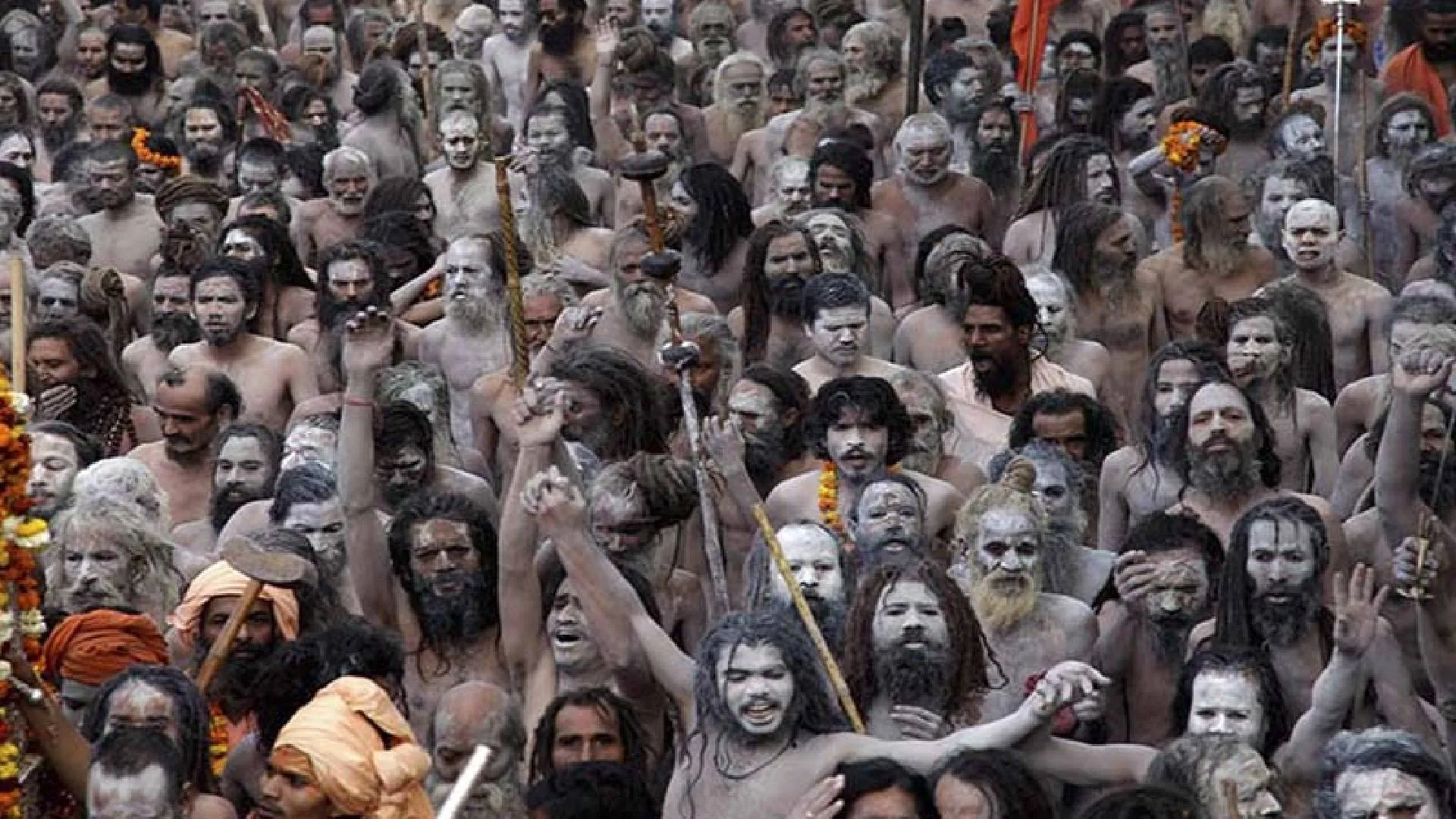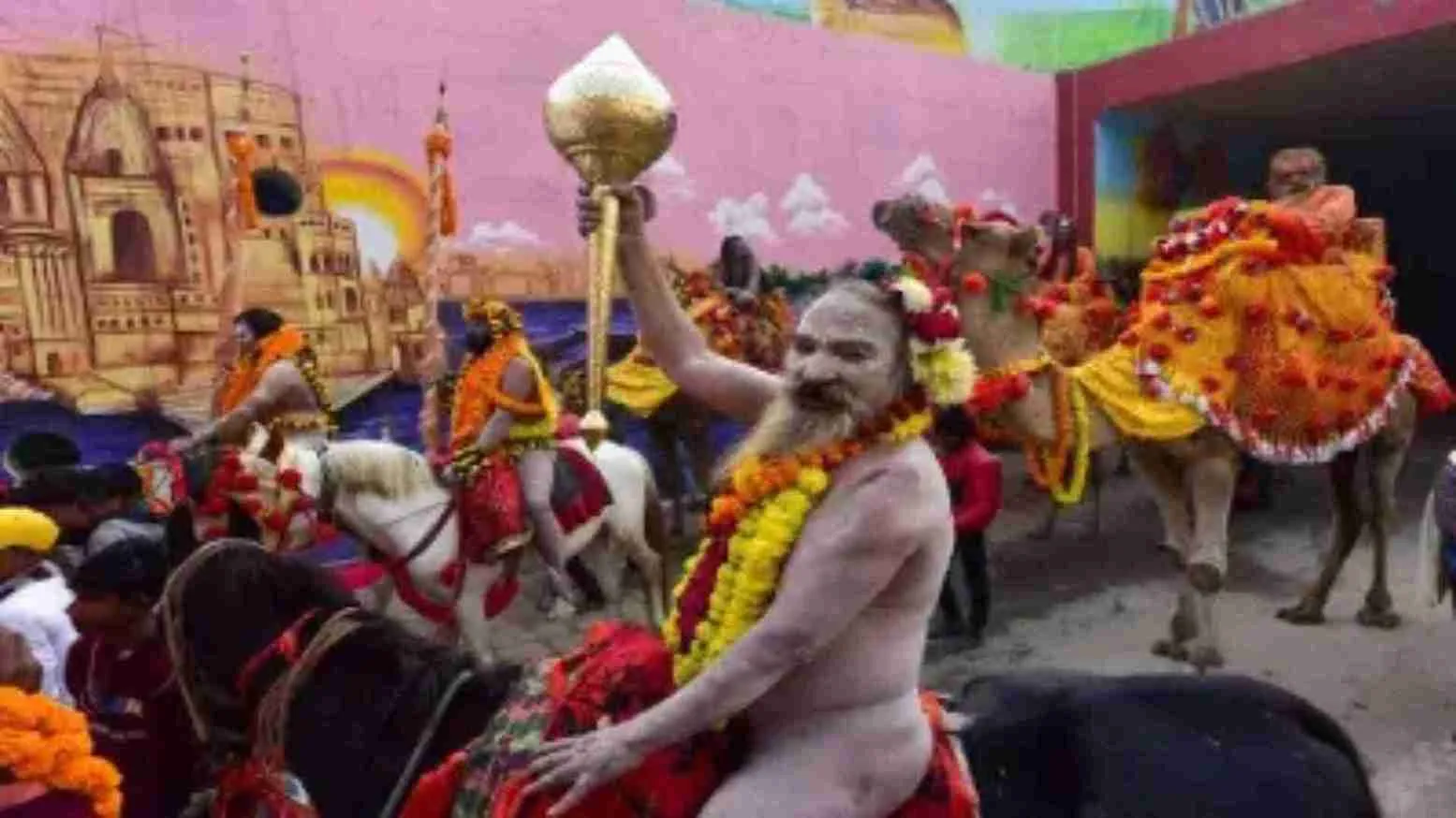Why does someone try to please people? Many people are doing great work but feel a constant need for others’ appreciation to feel worthy. Such people will do everything to please others, but ironically, they rarely feel appreciated. Often, their loved ones take them for granted, and they feel used and disrespected, but they don’t retaliate. They are seldom happy.
Sadly, when people-pleasers want something for themselves, they find nobody indulges them, whereas they are constantly trying to keep everyone happy. They feel disrespected at work and at home, and yet they hanker after those very people who ignore them to gain their acceptance. To attract attention, they’ll dress up and act differently. At times, they can act in ways that harm them. Especially on social media, where just a few unfollows or a flurry of likes can create havoc with emotions.
On the other hand, some refuse to adjust to people. They are often righteous and proud. They aren’t easy to live or work with, as they have a warped sense of self-importance. Such people, too, are seldom happy.
A certain classical musician was raised in the city and seldom went to the countryside. Once, when he was invited to a village, he brought along his instrument, a shehnai, to perform great ragas for his hosts; but they weren’t too keen on listening to his classical music, and wanted to hear modern tunes. The musician felt disrespected and sat quietly throughout the afternoon, refusing to play anything, citing tiredness. His pride wouldn’t let him play their kind of music. He couldn’t comprehend that the village people were a simple lot and they had no intention of insulting
him at all.
The man walked out of the gathering, intending to leave the village that night. It was early evening, and he decided to take a stroll in the countryside to raise his spirits. He came to a pond and saw many buffaloes lying around, happily chewing cud and swishing their tails to get rid of flies.
The musician sat down and watched them. He thought; ‘Why not perform for these buffaloes? They are no different from those foolish villagers!’ and he began to play his favourite music in front of them. The music was so beautiful that even he was moved to tears. But when he looked at his “audience,” he was dismayed. The buffaloes remained oblivious to what he was playing!
Seeing that even this audience was not interested, the musician grew sad. Just as he was getting up to leave, a mosquito flew past his nose, buzzing and humming. Suddenly, he thought, ‘Why not change the music?’ and he sat down and picked up his shehnai once more.
Now he began to imitate the sounds of mosquitoes and flies. Furthermore, he even imitated a lost calf’s call for help! Many buffalo responded! They stood up eagerly and began to move their tails rhythmically. A satisfied smile came to the musician’s face. He had the buffaloes dancing to his music!
The next day, he went back to the village gathering. He improvised and played the latest popular music on his shehnai for his hosts and received a standing ovation!
Music and words have different effects on different people. Remember the last time someone refused to listen to you? Next time, instead of getting frustrated, why not change the music? Once they are interested, maybe you can make them ‘dance’ to your tunes!
Why give others the power to make you feel lousy or great? Ultimately, it’s about how much we respect ourselves. Others’ reactions cannot be a benchmark of our self-worth. Do help people who need your help, but stop being a doormat. Be polite but firm in refusing when someone demands something that you don’t believe you should do. However, learn to have fun too. At times, we become rigid about something inconsequential. Once in a while, you can change the music you enjoy and play for the buffaloes! When people realise that you do things for them because you want to and not because you have to, they will appreciate you without you having to chase it down.
Captain Deepam Chatterjee (Retd.) is the author of The Millennial Yogi, Penguin Random House India. He is on Instagram @deepam.chatterjee























